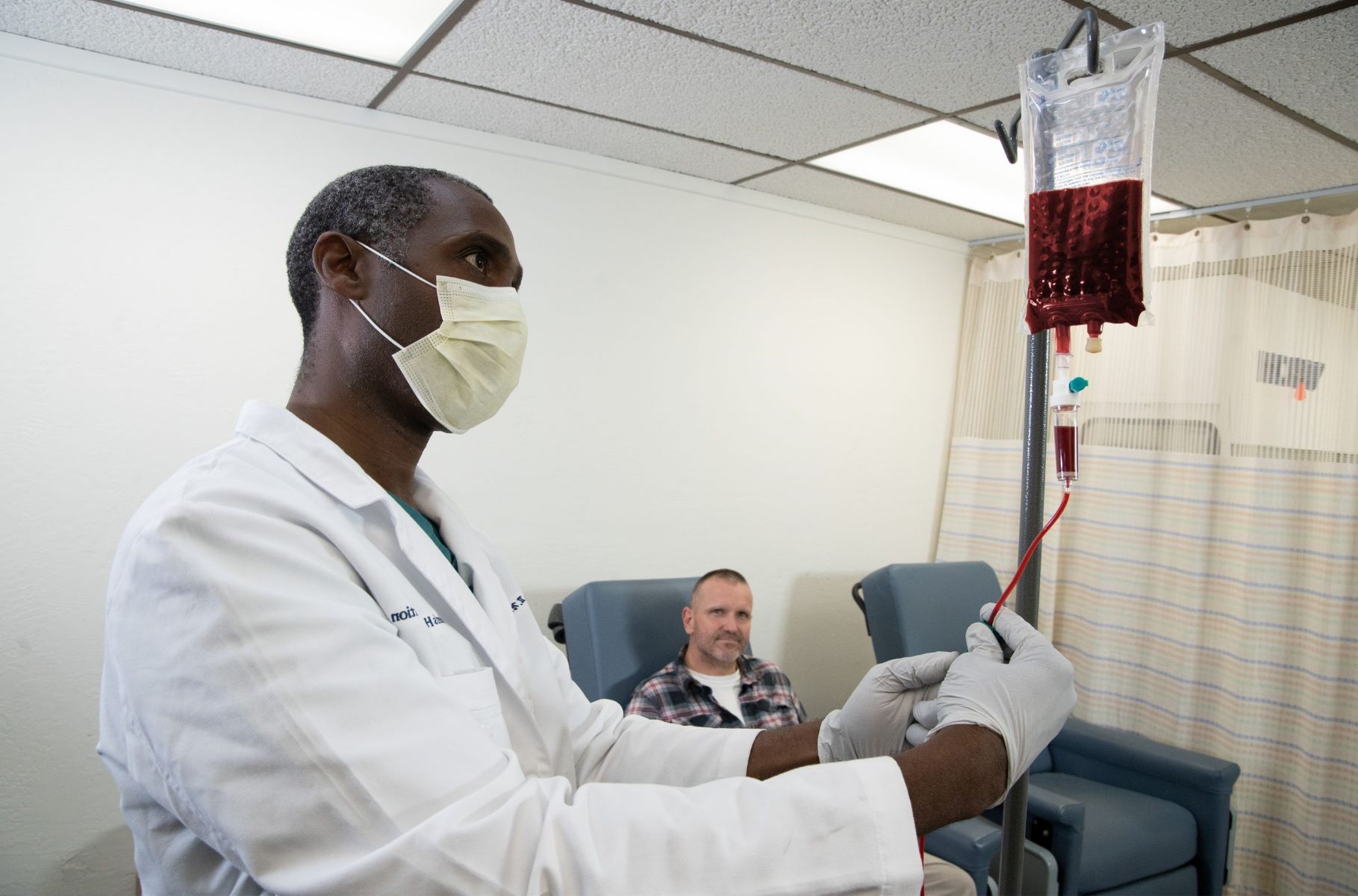
Blood irradiation therapies have been around for decades, but what exactly are they? Blood irradiation involves exposing blood to specific types of light or radiation to treat various medical conditions. This technique is used to prevent transfusion-associated graft-versus-host disease (TA-GvHD), a serious complication that can occur after blood transfusions. It can also help in treating infections, autoimmune diseases, and even some cancers. The process works by modifying the DNA of white blood cells, making them less likely to attack the recipient's body. Curious about how this fascinating therapy works and its benefits? Let's dive into 20 intriguing facts about blood irradiation therapies!
What is Blood Irradiation Therapy?
Blood irradiation therapy is a medical treatment where blood is exposed to specific types of light or radiation to treat various conditions. This method has been around for decades and continues to evolve with advancements in medical technology.
- Blood irradiation therapy can be performed using ultraviolet (UV) light, X-rays, or gamma rays.
- The therapy was first introduced in the 1920s by Dr. Emmett Knott, who used UV light to treat infections.
- It is often used to treat autoimmune diseases, infections, and certain types of cancer.
- Blood irradiation can help improve the immune system by stimulating white blood cells.
- The treatment can reduce inflammation and promote healing in the body.
How Does Blood Irradiation Work?
Understanding the mechanics behind blood irradiation can shed light on its effectiveness and applications. The process involves exposing blood to specific wavelengths of light or radiation.
- Blood is typically drawn from the patient and then exposed to light or radiation outside the body before being returned.
- UV blood irradiation works by altering the DNA of pathogens, making them less harmful.
- Gamma irradiation is used to sterilize blood products, ensuring they are free from viruses and bacteria.
- The therapy can increase oxygen levels in the blood, enhancing overall health.
- It can also help detoxify the blood by breaking down toxins and waste products.
Benefits of Blood Irradiation Therapy
The advantages of blood irradiation therapy are numerous, making it a versatile treatment option for various medical conditions.
- It can be used as an alternative to antibiotics for treating infections.
- The therapy has shown promise in treating chronic fatigue syndrome and fibromyalgia.
- Blood irradiation can improve circulation and reduce the risk of blood clots.
- It has anti-inflammatory properties, which can help manage conditions like arthritis.
- The treatment can boost the body's natural healing processes, speeding up recovery.
Risks and Side Effects
Like any medical treatment, blood irradiation therapy comes with its own set of risks and potential side effects. It's essential to be aware of these before undergoing treatment.
- Some patients may experience mild side effects like nausea or dizziness.
- There is a risk of infection if the equipment used is not properly sterilized.
- Overexposure to radiation can cause damage to healthy cells and tissues.
- Not all patients respond to the therapy, and its effectiveness can vary.
- Long-term effects of repeated treatments are still being studied, and more research is needed to fully understand the risks.
Blood irradiation therapy continues to be a topic of interest in the medical community, offering potential benefits for a range of conditions while also posing certain risks.
Final Thoughts on Blood Irradiation Therapies
Blood irradiation therapies offer promising benefits for various medical conditions. By exposing blood to specific wavelengths of light, these treatments can enhance immune function, reduce inflammation, and even combat infections. While more research is needed to fully understand their potential, early results are encouraging.
Patients considering these therapies should consult healthcare professionals to determine if they're suitable candidates. It's crucial to weigh the benefits against any potential risks. As with any medical treatment, individual results can vary.
Staying informed about the latest advancements in blood irradiation can help patients make educated decisions about their health. With ongoing research and technological improvements, the future of these therapies looks bright. Keep an eye on emerging studies and clinical trials to stay updated on this evolving field.
Was this page helpful?
Our commitment to delivering trustworthy and engaging content is at the heart of what we do. Each fact on our site is contributed by real users like you, bringing a wealth of diverse insights and information. To ensure the highest standards of accuracy and reliability, our dedicated editors meticulously review each submission. This process guarantees that the facts we share are not only fascinating but also credible. Trust in our commitment to quality and authenticity as you explore and learn with us.


